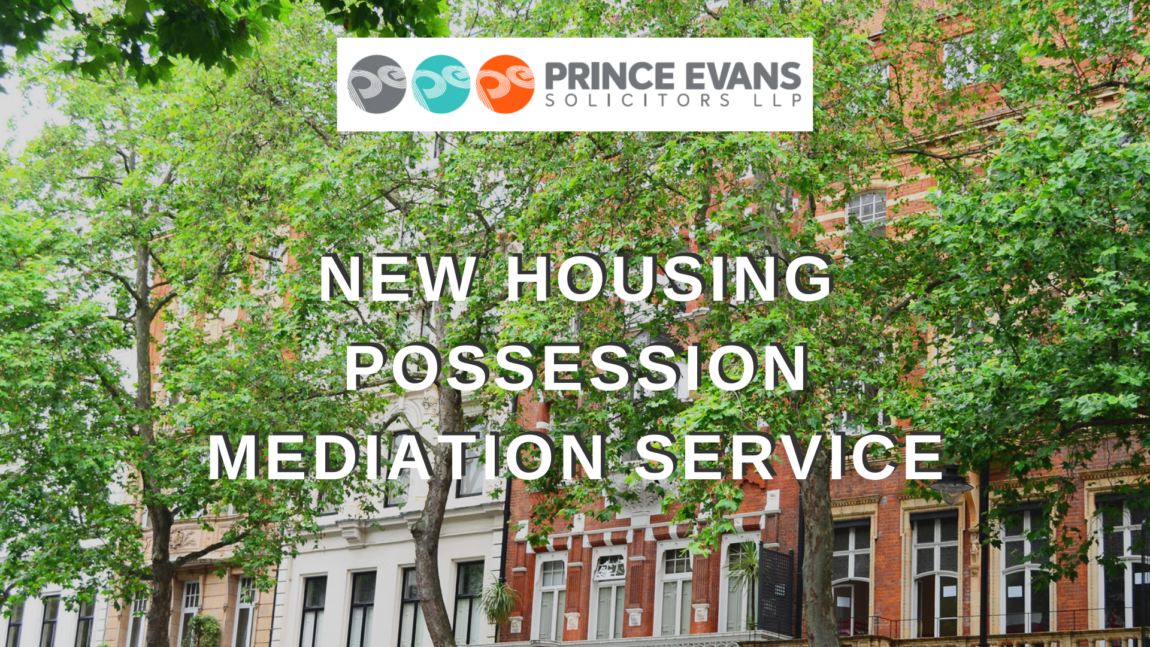
New Housing Possession Mediation Service
In February 2021, a new mediation pilot was introduced by the government as part of the current court process for housing possession cases.
Following the pilot scheme, on 7 April 2021 the Ministry of Housing, Communities and Local Government issued guidance on the Housing Possession Mediation Service.
The mediation pilot is free to use for landlords and tenants involved in a housing possession court case and helps resolve cases without the need for a face to face court hearing.
Landlords do not have to go to mediation if the tenant asks and nothing adverse is noted if a landlord fails to come to an agreement if a case goes to mediation.
Tenants cannot use mediation as an eviction delaying tactic.
Court Procedure
As part of all housing possession cases, the case will be listed by the court for review. This is before any substantive court hearing.
Now this procedure will include a stage for mediation which becomes available to both parties if no agreement can be made at review stage.
The requirements for mediation are as follows:-
- No agreement has been made by both parties at review stage
- Both parties agree to mediation
- The case is deemed suitable for mediation
If all three requirements are met, the court will arrange for the case to be mediated.
Tenants who are interested in mediation should raise this with their duty advisor on the day of review
Landlords who wish to mediate should raise this with their representative (if applicable) and the tenant on or before the day of review.
How mediation works
Once both parties agree to mediation, the Society for Mediators aims to conduct mediation remotely within 10 days of referral. Both parties’ details will be passed to the Society of mediators, who will contact both parties by phone to arrange the mediation. They will make contact within two days of the review.
The mediation session is confidential.
During the mediation appointment the mediator:
- Will explain how the session will work and check the parties are prepared
- Is impartial and will treat both parties with equal confidentiality
- Speaks to each party separately – you do not talk directly to the other side
- Is neutral and helps each party explore options to try and reach agreement
- Does not try to force either party to find a settlement
Get the most from mediation
For mediation to work both parties should:
- Be open and flexible
- Be willing to work with the mediator to find a solution
- Be clear with what they want to say
- Be able to answer any questions
- Have a quiet, private space where they will not be disturbed
- Be available at the start of the session and throughout
What happens next?
If mediation is successful and both parties are happy with the proposed solution, they will sign an agreement, which will be put in front of a Judge for approval. The agreement will set out what actions each party must take.
An application can be made to the court to enforce the agreement if it is broken by either party.
If both parties cannot reach an agreement during mediation, the case will continue to the substantive hearing. However, the court will not be told about anything that was said during the mediation and the process will proceed as normal.
If you have any queries concerning this or residential possession proceedings generally please contact Jeremy Teall on 0208 567 3477 by e-mail on jeremy.teall@prince-evans.co.uk
